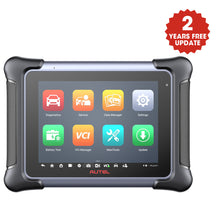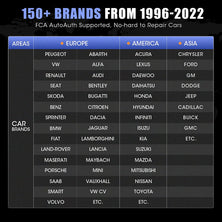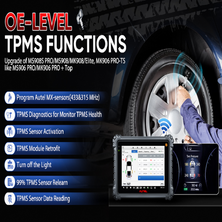
Why Is My Car Shaking? Top 10 Reasons and How to Fix Them
Why Is My Car Shaking? Car shaking is a common issue that drivers experience while driving, and it can be caused by various problems with the tires, wheels, suspension system, brakes, and engine. Identifying the root cause of the shaking is crucial to fixing the problem and ensuring safe driving
Recommended 2023 top car diagnostic tool: Launch X431 PADVII, Autel MaxiSYS Ultra EV, Autel MaxiSys Elite II.
Top 12 reasons why a car shakes and how to fix them:
- Unbalanced or damaged tires - If the tires are unbalanced or damaged, they can cause shaking at certain speeds. A mechanic can balance the tires by adding small weights to the wheels to make sure they are evenly distributed. If the tires are damaged or worn, they should be replaced.
- Worn brake pads or rotors - When the brake pads or rotors wear down, it can cause shaking when applying the brakes. To fix this issue, the worn brake pads or rotors should be replaced.
- Damaged suspension components - A damaged suspension component, such as a shock or bushing, can cause shaking. These components should be inspected by a mechanic and replaced if necessary.
- Misaligned wheels - When the wheels are not properly aligned, it can cause uneven tire wear and shaking. A mechanic can align the wheels to ensure they are aligned correctly.
- Loose or worn-out wheel bearings - Worn or loose wheel bearings can cause the wheel to wobble, leading to shaking. Wheel bearings should be inspected and replaced if necessary.
- Faulty ignition system - An ignition system that is not functioning properly can cause misfires in the engine, resulting in shaking. Replacing or repairing the spark plugs, ignition coils, or other ignition components can fix this issue.
- Clogged fuel filter - A clogged fuel filter can restrict fuel flow, causing the engine to shake. The fuel filter should be replaced regularly to ensure proper fuel flow.
- Dirty or faulty mass airflow sensor - A dirty or faulty mass airflow sensor can cause the engine to run rough and shake. Cleaning or replacing the sensor can fix this issue.
- Vacuum leaks - A vacuum leak in the engine can cause the engine to run rough and shake. A mechanic can inspect the engine for vacuum leaks and repair them if necessary.
- Engine mounts - Worn or damaged engine mounts can cause the engine to vibrate excessively, leading to shaking. Replacing worn or damaged engine mounts can solve this issue.
- Transmission issues - Problems with the transmission, such as a worn-out clutch or damaged gears, can cause the car to shake. A mechanic should inspect the transmission and make any necessary repairs.
- Driveshaft issues - A damaged or worn-out driveshaft can cause the car to vibrate or shake. The driveshaft should be inspected and replaced if necessary.
Tips to prevent or minimize car shaking:
- Regularly maintain your vehicle: Regular maintenance, such as oil changes, tire rotations, and brake inspections, can help prevent or minimize car shaking.
- Drive carefully: Avoid driving on rough roads or hitting curbs, as this can damage your tires, wheels, and suspension system.
- Check tire pressure and balance: Proper tire pressure and balance can help prevent car shaking. Check your tire pressure regularly and have your tires balanced if you notice any shaking.
- Replace worn parts: Worn or damaged parts, such as brake pads, rotors, suspension components, and engine mounts, can cause car shaking. Replace these parts as soon as you notice any issues.
- Get regular wheel alignments: Misaligned wheels can cause uneven tire wear and car shaking. Get your wheels aligned regularly to prevent this issue.
- Use high-quality fuel and air filters: Using high-quality fuel and air filters can help keep your engine running smoothly, preventing car shaking caused by clogged filters.
- Avoid overloading your vehicle: Overloading your vehicle can cause excessive stress on your tires, suspension, and engine, leading to car shaking.
By following these tips, you can help prevent or minimize car shaking and ensure a smooth and safe driving experience. If you notice any shaking or vibration while driving, it is recommended to have your vehicle inspected by a professional mechanic to diagnose and address the issue.
Older Post
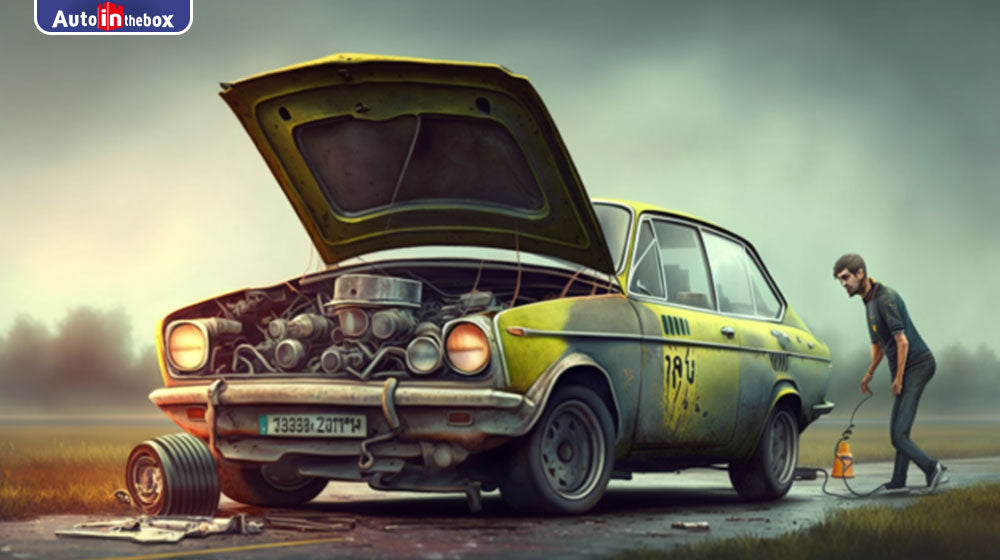 Newer Post
Newer Post
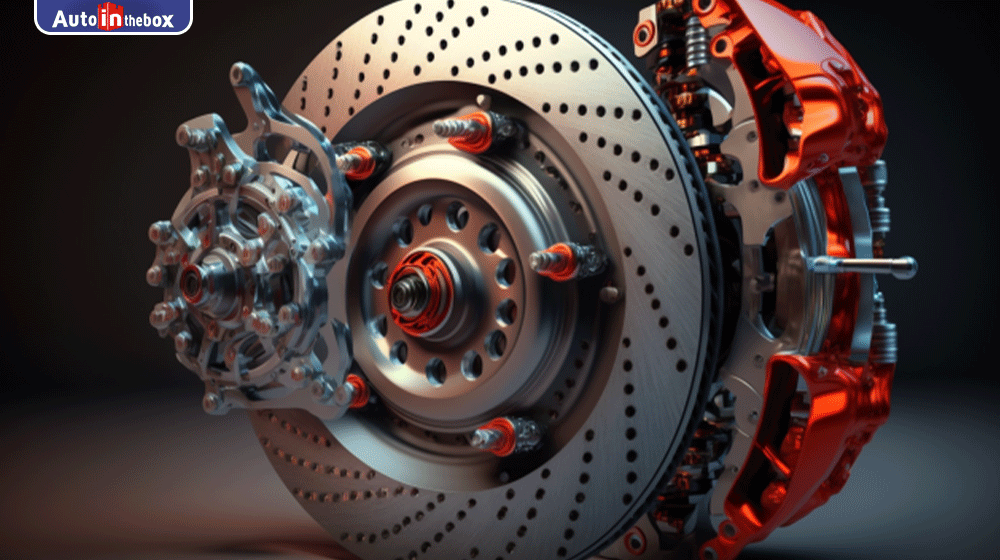
Why won't my car start? Common issues and solution

Why my brake system make noise&Burning Smell—and how to fix it




